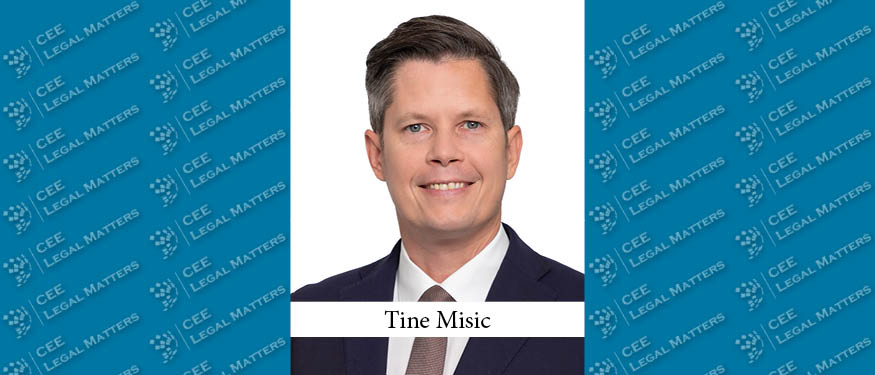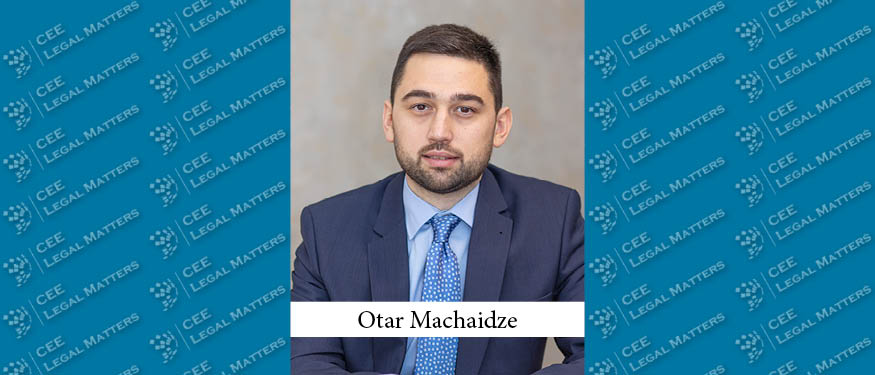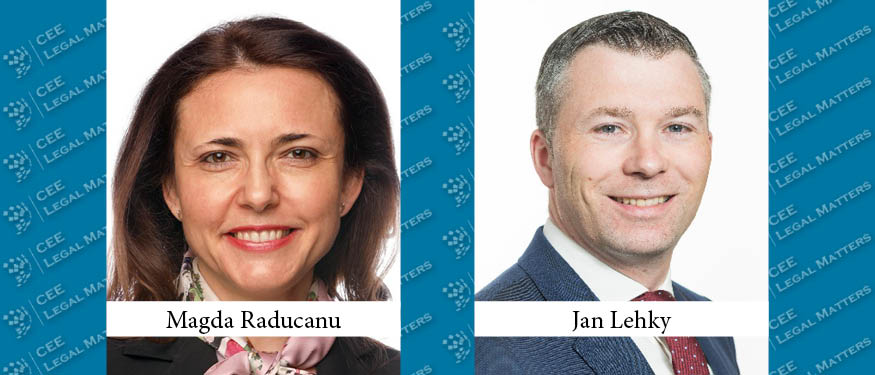The recent buzz in Slovenia was all about the eagerly-awaited decision of the country’s Supreme Court regarding Swiss franc loans, says Miro Senica and attorneys Partner Katarina Kresal. That decision – which has since been followed by a few more – was finally issued at the end of 2018.
“In the past many people took credits in Swiss francs,” she explained. “The following drastic shift in the value of the francs resulted in problems. People lost a lot of money and the credits became unbearable, leading to lawsuits.”
There was some controversy about how to treat these cases, Kresal reported: whether the loan contracts should be nullified or respected. In its first decision, the Supreme Court declared that there will be no general rule, and that “these cases shall be treated one by one.” According to her, “the Court explained that the cases cannot all be put on the same footing, because the agreements are very different, so they have to go through the whole system of the legal review to be decided.” She expresses her opinion that “consumers should not lose everything and it is not fair for them to start paying a loan over again despite the banks’ obligation to explain and disclose every aspect of a loan – both positive and negative – to the consumer, which was also outlined by the Supreme court.”
Kresal notes that, as another problem, the requirements of the reformed Prevention of Money Laundering and Terrorist Financing Act adopted in 2016 are starting to be felt on the market. “When it comes to deadlines, requirements such as customer due diligence, reporting to the Office of Money Laundering Prevention or conducting risk assessments of companies involved can delay otherwise transparent transactions or even discourage clients from doing further business in Slovenia. These are the problems that all the EU countries are facing, but some countries went through them more smoothly,” she says.
Otherwise, things in Slovenia are proceeding normally, Kresal reports. “Slovenia is becoming a stable country,” she smiles. “Of course, there were years of financial crisis, but now it has stabilized with respect to political decision making, the growth of the economy, and the stability and predictability of the legal system.” According to her, this stability contributes to the calmness of the market and attracts foreign investment. “Now we see even local companies becoming bold, and it is very beneficial for the economy,” she says. In the past few years, she says, she has noticed growth in the real estate market and the hospitality industry. “It is still not as open as in some other countries and our market still tends to be a bit conservative in respect to selling companies and properties to foreigners, but this is significantly changing now,” she says. “The atmosphere in the market is positive.”
Finally, Kresal says, at the end of 2018, Nova Ljubljanska Banka was finally privatized after many years. “This is very significant for Slovenia,” she reports, "because Nova Ljubljanska Banka is a systemically important bank” she explains. “It has already shown positive effects on the stability of the market and the stability of the banking system.” According to Kresal, this will encourage new transactions, and it already signals that Slovenia is open for new investments.

















